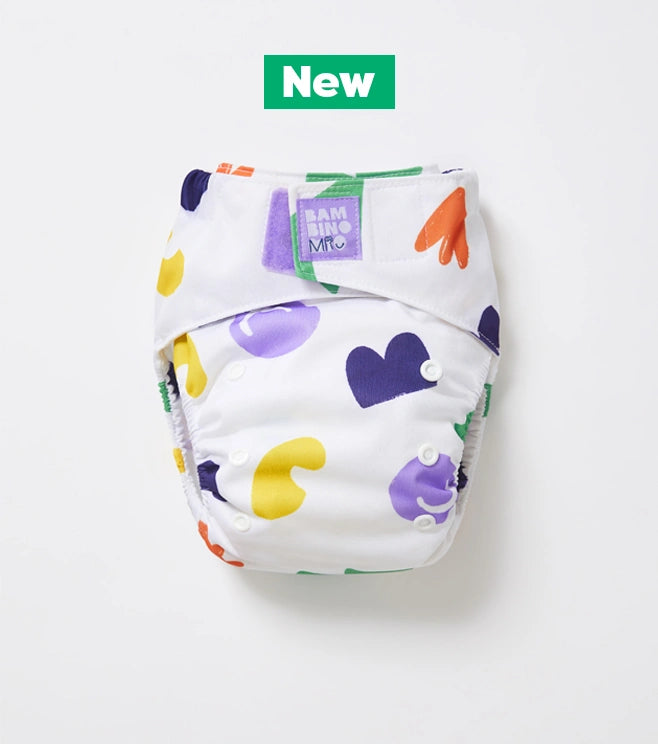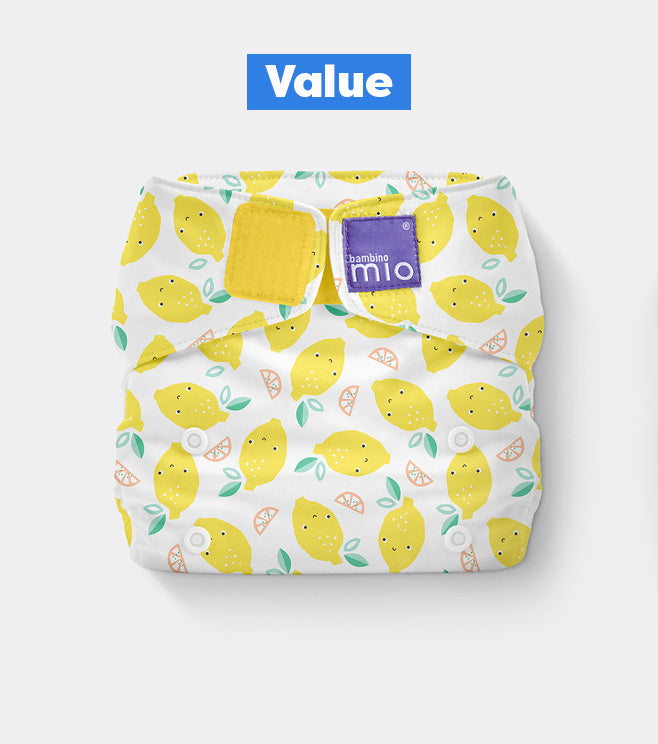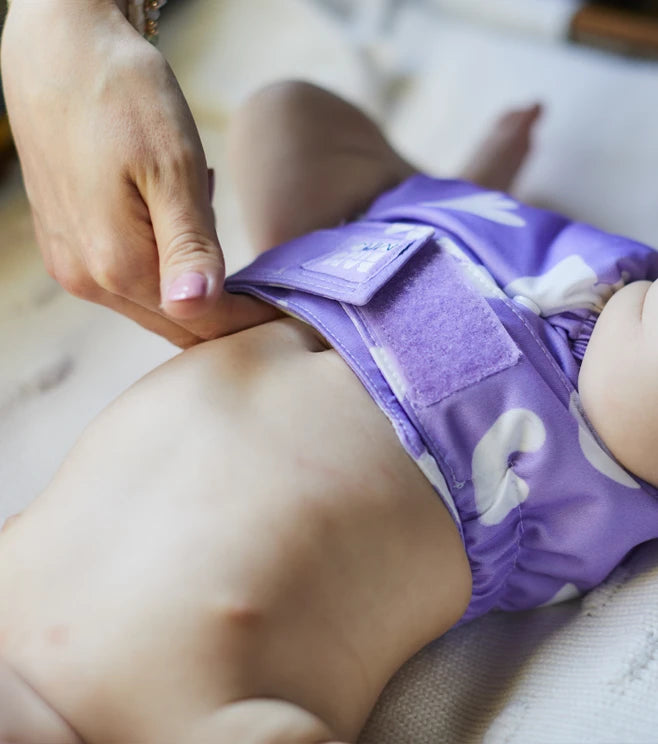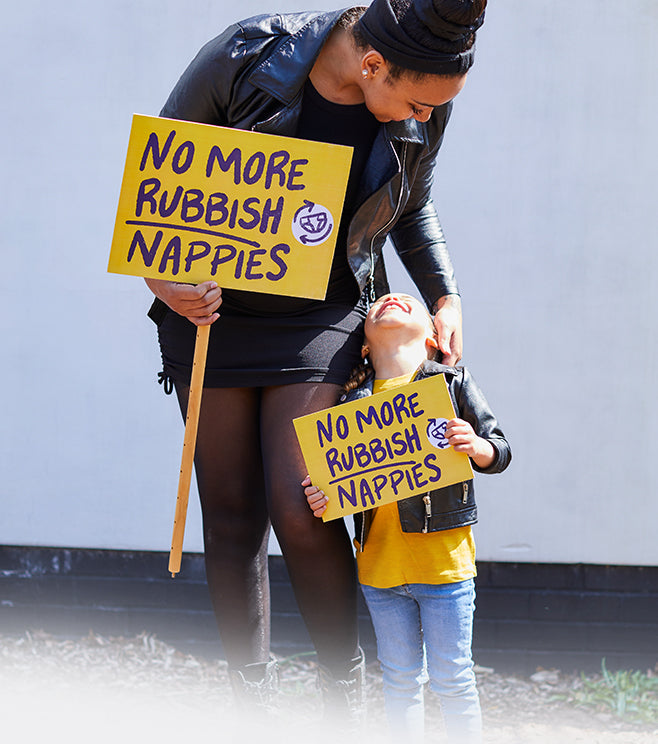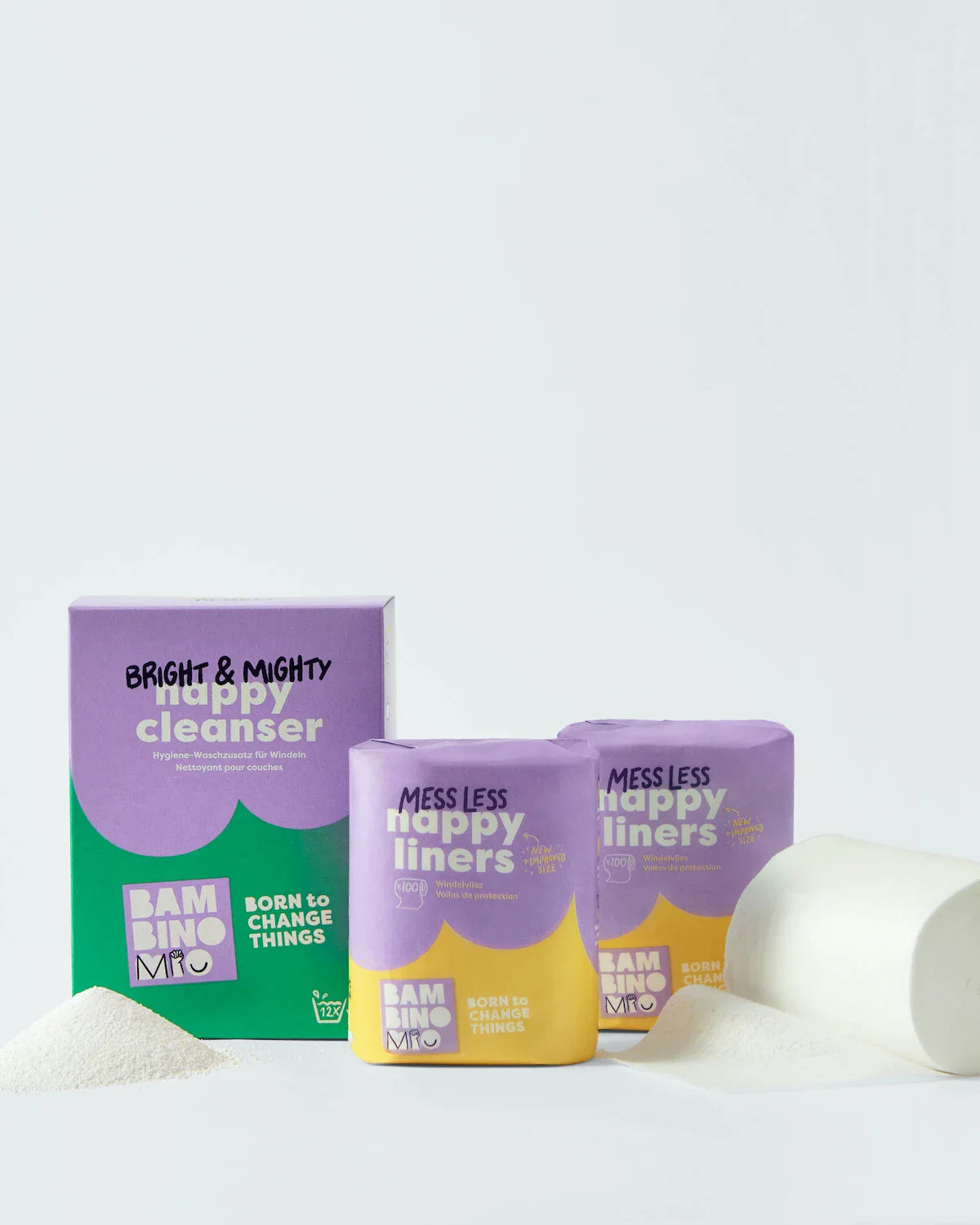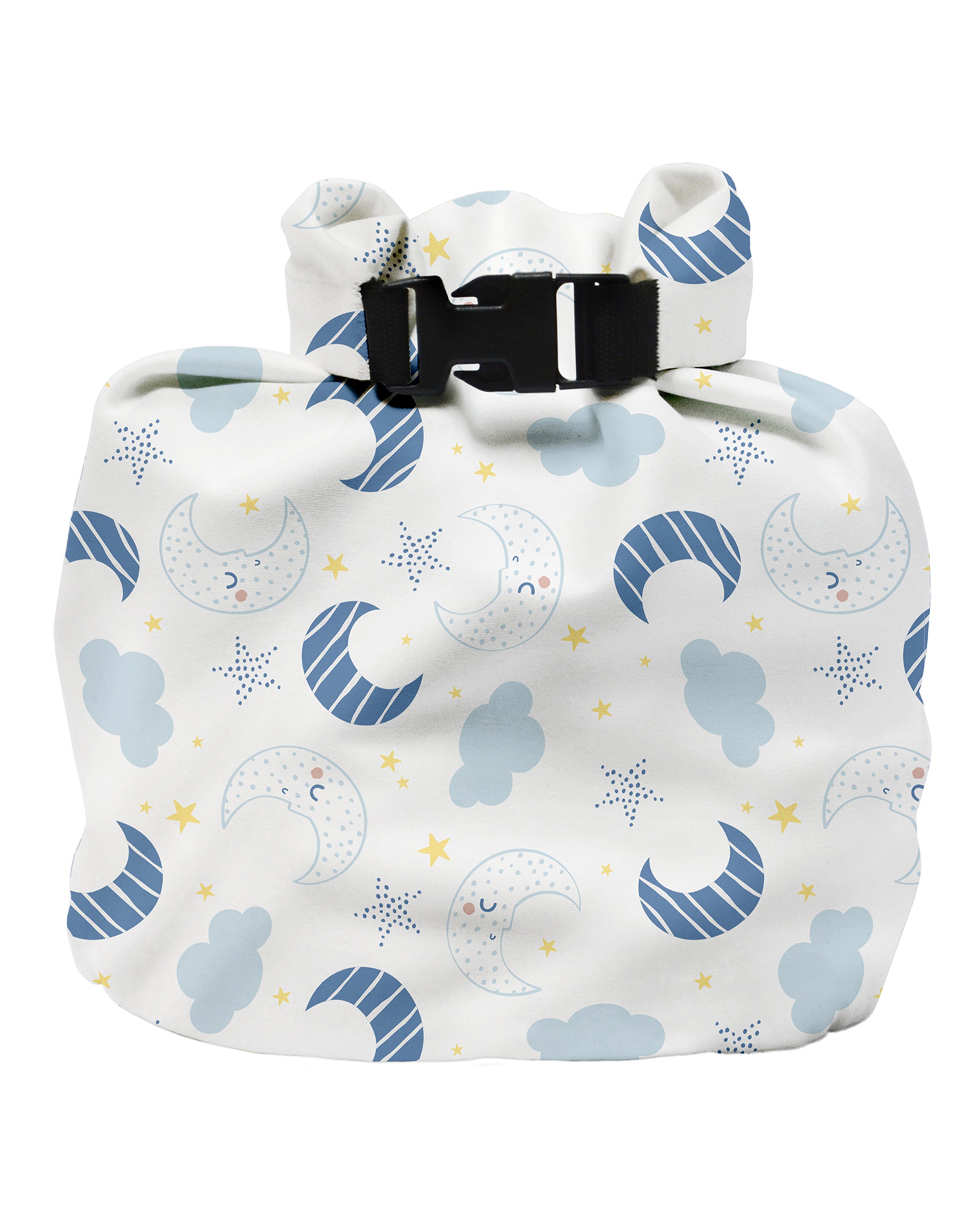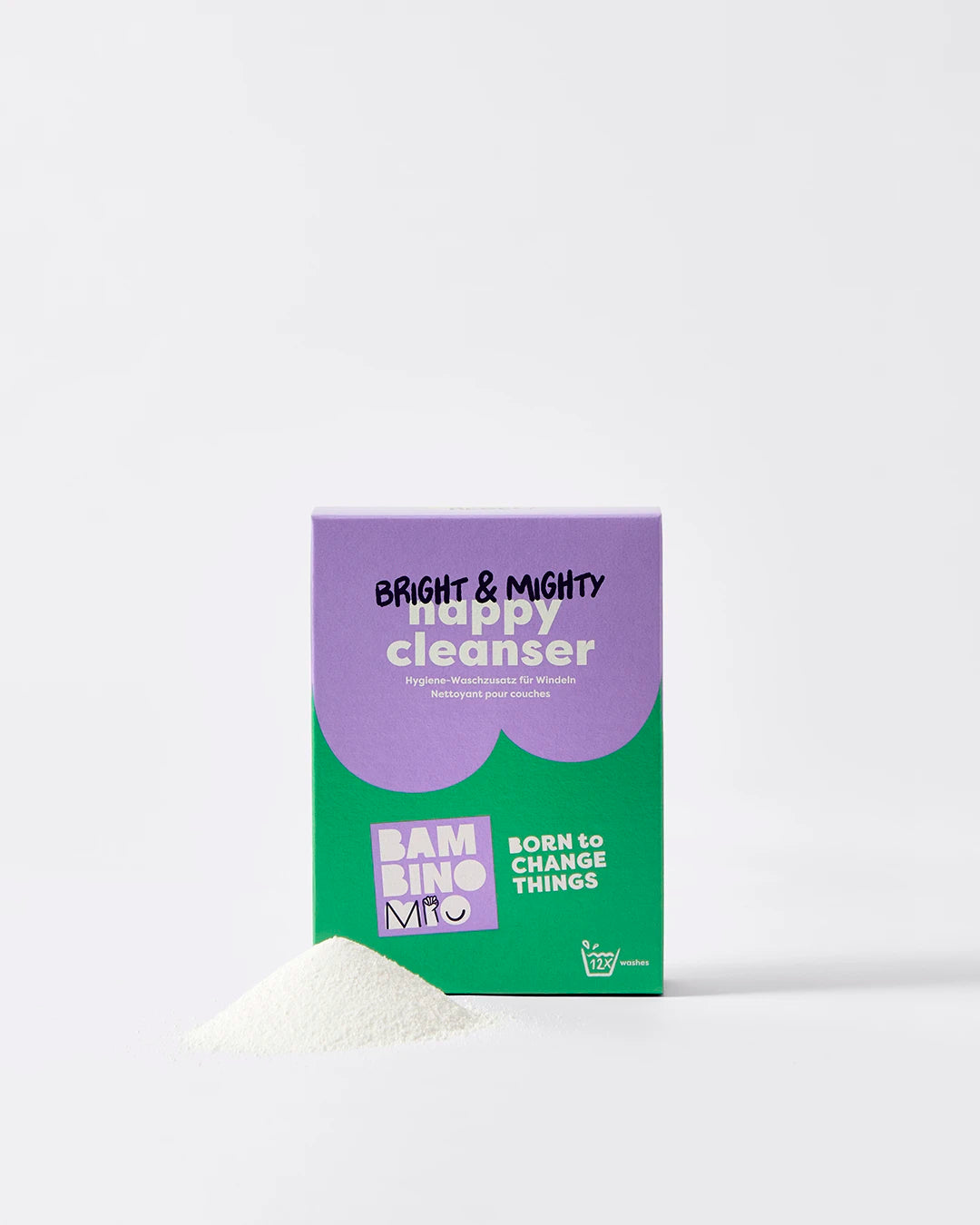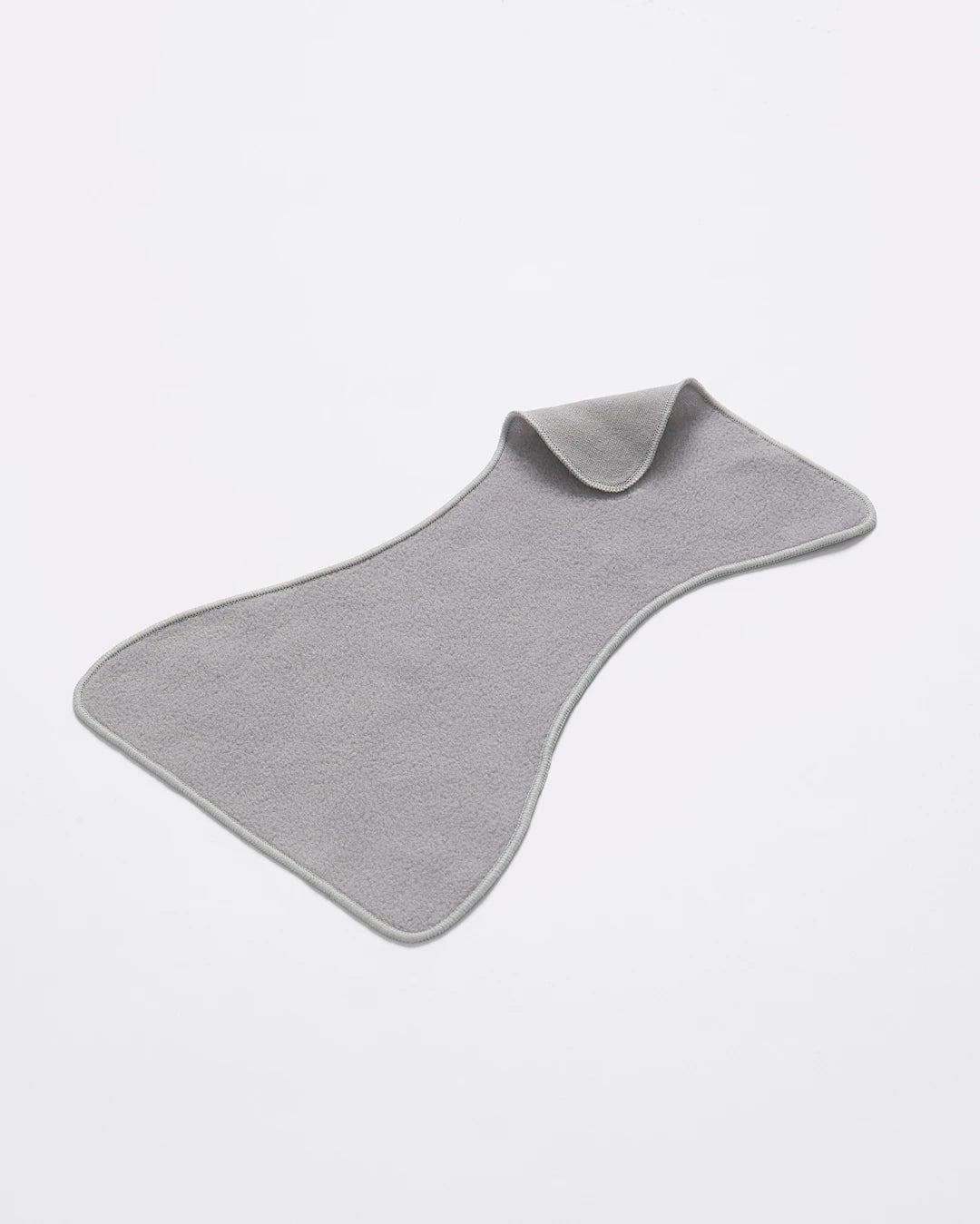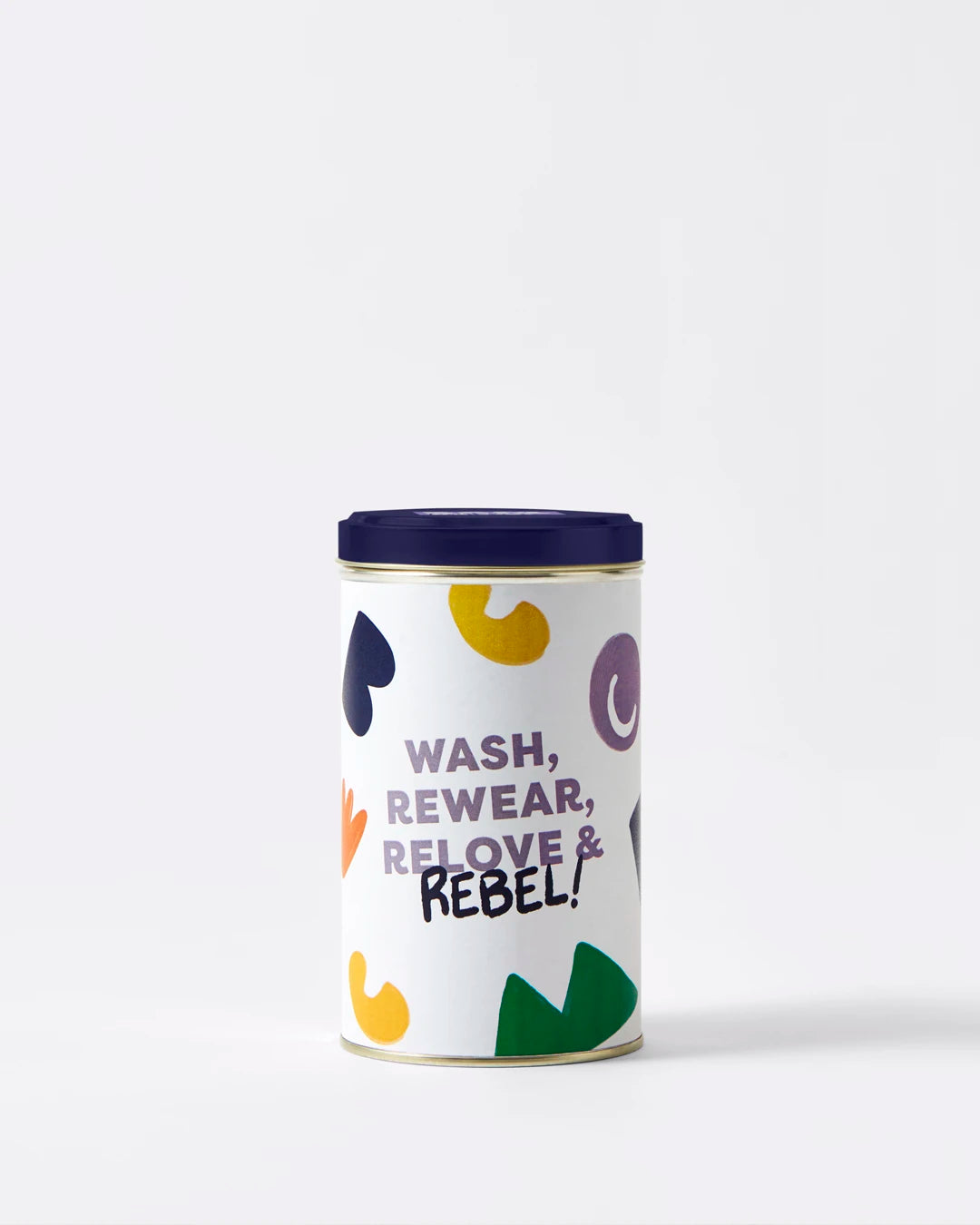Glossary - The NHS
Share Options
- Bambino Mio
- 20 / 09 / 2023
Inside this Article:
The National Health Service, or NHS, is the government-funded healthcre and medical service which everyone living in the UK can access and use. NHS services are free at the point of delivery and include:
- Getting treatment and help at an NHS hospital if you’re sick or injured
- Seeing a midwife and antenatal team during pregnancy and a delivery team during labour
- Consulting a general practitioner (GP) or nurse at a doctor’s surgery
- Getting emergency or urgent help and treatment from paramedics and ambulance services if you’re injured or have a sudden medical event like a heart attack
What does “free at the point of delivery” mean?
The NHS is free at the point of delivery, which means that UK residents can go to their GP, for example, who can treat them or refer them to a specialist without charging them money at that time.
This doesn’t mean that the NHS is free, however, as it’s mostly publicly funded - the government allocates a portion of UK taxpayers’ money to pay for the NHS service.
The NHS since Devolution
The UK has more than one central NHS. Since Devolution (1), responsibility for healthcare passed from central government to the Scottish Government, the Welsh Government and the Northern Irish Assembly. Now there is NHS England, NHS Wales, NHS Scotland and in Northern Ireland there’s Health and Social Care (HSC).
While each devolved NHS provides healthcare that’s free at the point of delivery, each NHS has slight differences in what’s fully funded by the government and what’s partly funded. For example, in Wales, Scotland and Northern Ireland, prescriptions are free to all but in England there’s a prescription charge (2) for some people.
When did the NHS start?
The NHS officially started on July 5th 1948. The Minister of Health at the time, Aneurin Bevan, unveiled the service at Park Hospital in Manchester (now Trafford General Hospital). This marked the point at which, by law, all UK residents were entitled to publicly-funded healthcare.
Why was the NHS set up?
The Labour government of the time set up the NHS so that UK taxpayers shared the burden of healthcare costs, making these services available to all, regardless of their ability to pay.
The Clement Atlee government wanted the same levels of healthcare to be available to everyone in the UK, whether they were rich or poor, young or old.
What was healthcare in the UK like before the NHS?
Before the NHS started in 1948, there were lots of different healthcare systems and schemes in the UK. For example, the National health Insurance scheme, set up in 1911, was a way for low-paid people to fund some of their healthcare costs.
People living in some areas of the UK had their healthcare costs covered by various council schemes and some workers were able to join societies to help with medical expenses.
However, many people still had to pay for some of their care out of their own pockets and unemployed people and women often had to pay in full, despite usually being the least able to fund medical care.
Citations and References
- UK Government (GOV.UK), ‘Devolution of Powers to Scotland, Wales and Northern Ireland.’ 2019. Web. www.gov.uk/guidance/devolution-of-powers-to-scotland-wales-and-northern-ireland
- National Health Service (NHS). ‘Prescriptions and Pharmacies. NHS Prescription Charges.’ 2021. Web. www.nhs.uk/nhs-services/prescriptions-and-pharmacies/nhs-prescription-charges



